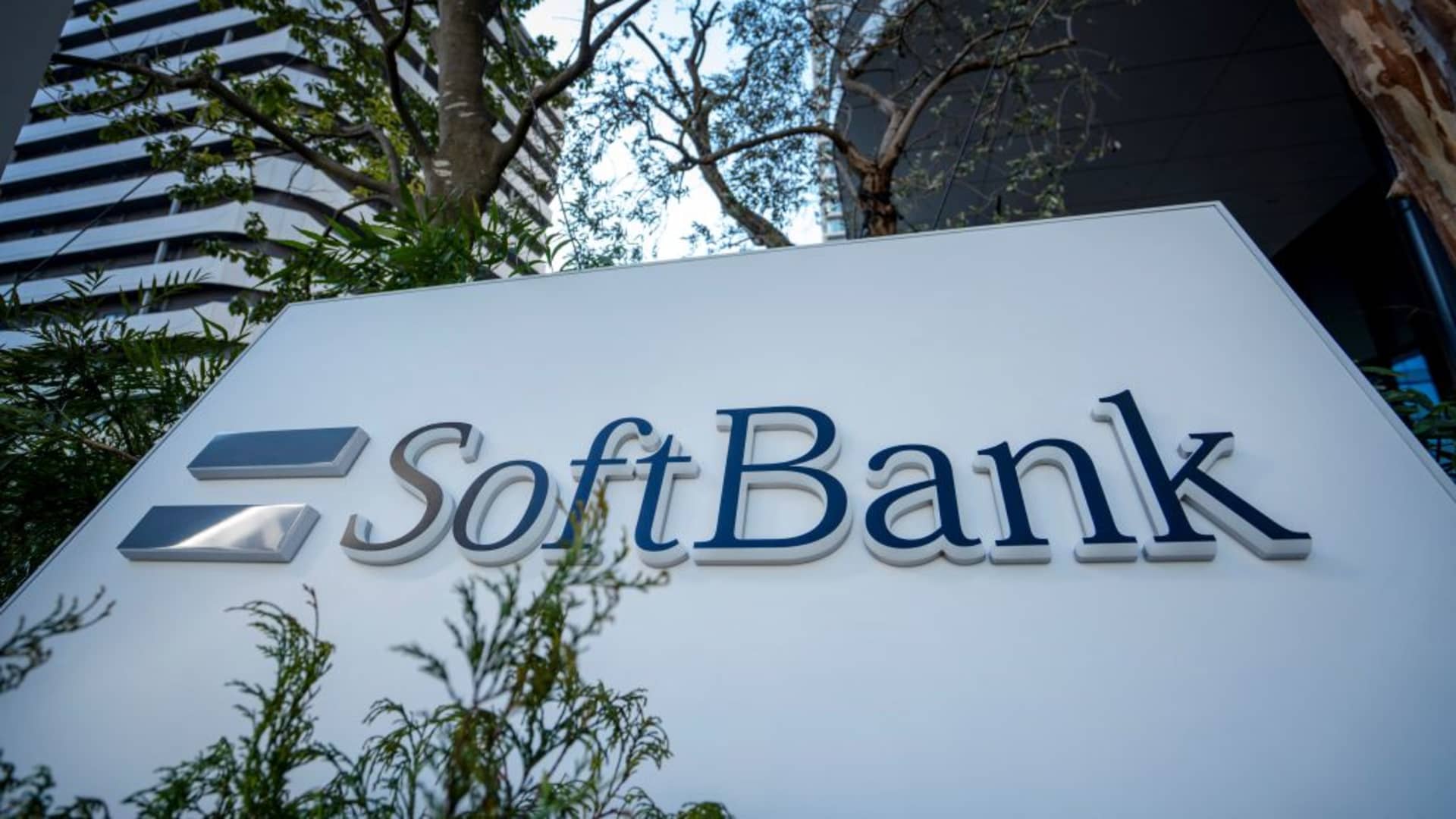SoftBank and Asian Chip Giants Plummet Amid Nvidia Rout
Major Asian semiconductor companies, spearheaded by Japanese tech conglomerate SoftBank, experienced significant declines on Friday as regional markets mirrored a sharp selloff in Nvidia's U.S. shares. This broad market correction swept through key suppliers to the American AI chip titan, including South Korea's SK Hynix and Taiwan Semiconductor Manufacturing Company (TSMC), despite Nvidia itself reporting stronger-than-expected earnings and a bullish future outlook.
SoftBank's Deep Dive and AI Ventures
SoftBank Group, a prominent figure in the technology investment landscape, saw its shares plummet over 10% in Tokyo. While the conglomerate recently divested its direct holdings in Nvidia, it remains the owner of British semiconductor design firm Arm Holdings. Arm is a crucial partner, providing chip architecture and designs utilized by Nvidia. Furthermore, SoftBank is deeply entrenched in various artificial intelligence initiatives that leverage Nvidia's technology, notably the ambitious $500 billion Stargate project aimed at establishing data centers in the U.S.
Widespread Losses Across Asian Chip Sector
- SK Hynix, South Korea's leading memory chip manufacturer and Nvidia's primary supplier of high-bandwidth memory essential for AI applications, recorded a nearly 10% drop.
- Its rival, Samsung Electronics, which also supplies memory chips to Nvidia, saw its stock fall by over 5%.
- Taiwan Semiconductor Manufacturing Company (TSMC), the world's largest contract chipmaker responsible for manufacturing Nvidia's advanced chip designs, closed down more than 4% in Taipei.
- Taiwan's Hon Hai Precision Industry, widely recognized as Foxconn, a manufacturer of server racks optimized for AI workloads, experienced a 4.86% dip.
Broader Market Pressures Drive Nvidia's Decline
This sector-wide retreat followed Nvidia's own more than 3% decline in the U.S. on Thursday. Analysts attributed Nvidia's counterintuitive drop, despite its robust third-quarter earnings and optimistic fourth-quarter sales guidance, to a confluence of broader market pressures. Billy Toh, regional head of retail research at CGS International Securities Singapore, pointed to a Bitcoin selloff, the potential for delayed interest rate cuts by the U.S. Federal Reserve, and generally tighter financial conditions as contributing factors.
Toh further elaborated, stating that the ongoing discussions about a potential "AI bubble" are triggering a wider "risk-off" rotation in the market, naturally positioning Nvidia as one of the initial points of pressure. Smaller chip industry players in Asia were not immune to the selloff. In Tokyo, Renesas Electronics, another key Nvidia supplier, fell 3%. Tokyo Electron, a vital provider of chipmaking equipment to the foundries that produce Nvidia's chips, dropped 6.6%, while fellow Japanese chip equipment maker Lasertec declined 5.2%.

